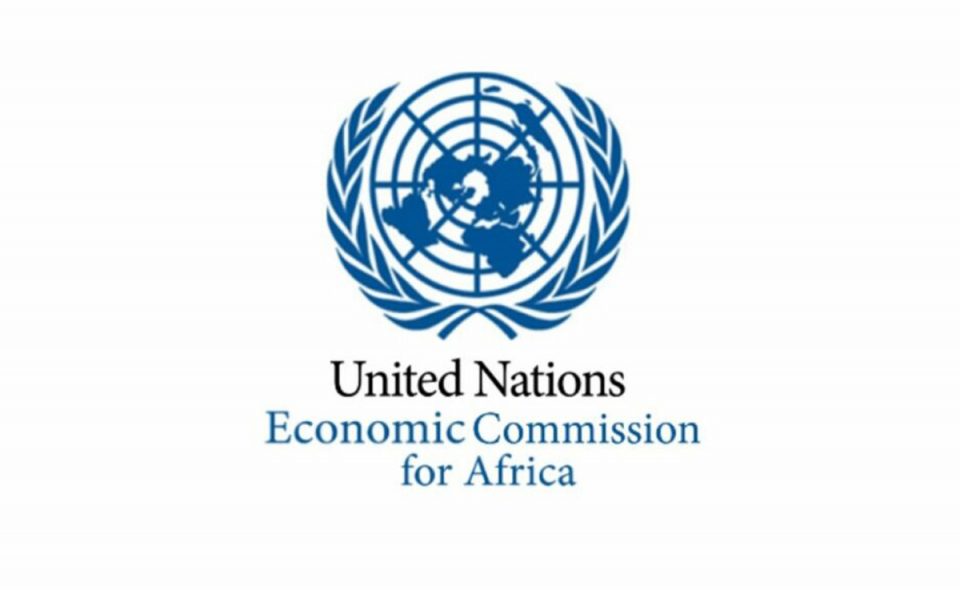African governments must provide an enabling environment for “crowding-in private sector investments in the electricity sector”, says the United Nations Economic Commission for Africa (UNECA).
Director, Private Sector Development and Finance Division, UNECA, Mr. William Lugemwa, said this in a webinar presentation on ”Energy Prices in Africa: Transition towards clean energy for Africa’s industrialisation”, broadcast from Addis Ababa on Tuesday.
Lugemwa said at the webinar of the ministerial session on trends of energy prices in Africa, with African Ministers of Finance, that although there was growing private sector investment in electricity generation in Africa, it remained insufficient.
He also noted that the current investments in the energy supply industry were not enough to meet the growth of the continent.
“The need for investment in electricity infrastructure is urgent and must diversify electricity supply and embrace modern renewables.
“Access to affordable electricity is central to the achievement of the SDGs and Agenda 2063, important for the success of the AfCFTA and post COVID-19 recovery strategies and plans,” he said.
Lugemwa added that governments should provide incentives and mechanisms to increase the share ofUNECA urges increased private sector involvement in Africa’s energy sector renewable energy in Africa’s power systems.
The director further pointed out that his presentation was meant to ginger the ministers to play roles in increasing energy investments, paying attention to the determinants, lowering the cost of production and setting the methodology for tariffs-setting.
The UNECA official also called on countries to apply cost-reflective tariffs, while paying attention to efficient electricity generation to lower the costs.
In her remarks, Mrs Vera Songwe, UN Under-Secretary-General and Executive Secretary, Economic Commission for Africa (ECA), said there was no way Africa could build forward better if it failed to invest in, and have the right price for energy.
“Energy is one of our overall livelihood baskets.
“Looking at how we can bring down those costs, or at least stabilise them, is an important component in the conversations we have at the micro and also at the macro level with private sector businesses,” she said.
Songwe disclosed that the commission was pushing for more sustainable investments in energy, more renewable energy investments, including gas and how it could bring down the overall price.
“One of the issues we are talking about and looking at is energy pooling. We have these regional pools and how we can use some of that to maybe bring down the cost of energy on the continent,” she added.
Similarly, Mr Anthony Mehlwana, Economic Affairs Officer, Energy Infrastructure and Services Section, in the commission’s Private Sector Development and Finance Division, stressed the importance of policies.
Mehlwana said it was important for policy shifts to allow investments and get the private sector involved.
“The more we invest in renewable energy the more the price comes down. African governments can come together to invest in this, also through international partnerships, and there are various ways to do that,” Mehlwana said.




